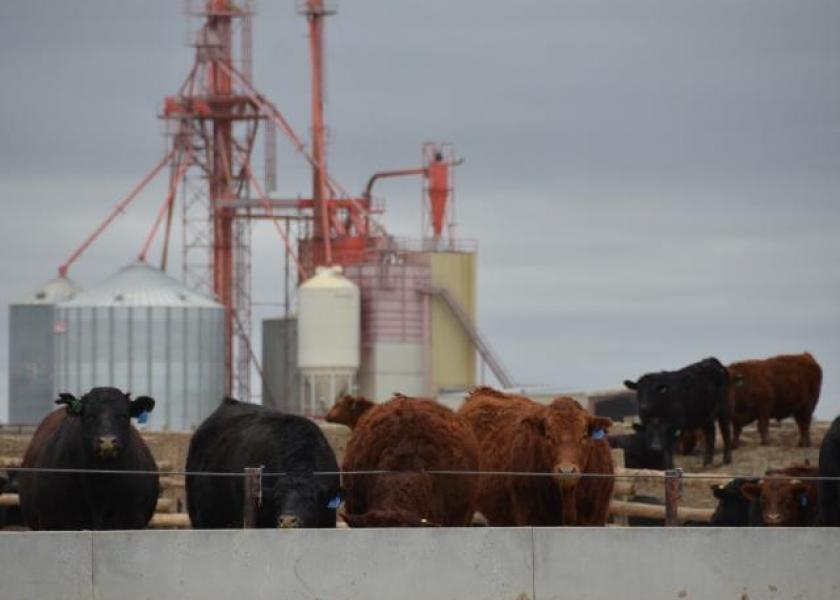Profit Tracker: Feedyard Losses Estimated At $254

Cattle feeding losses were estimated at $254 per head the week ending July 4, according to the Sterling Beef Profit Tracker. Negotiated cash cattle prices averaged $95.23 per cwt. on the week, about $1.30 lower than the previous week.
Packer margins were estimated at $359 per head, about $14 more than the previous week. The Choice beef cutout price averaged $205.59 per cwt., about $3.48 per cwt. lower than the previous week.
Feedyard margins reported by the Sterling Profit Tracker are calculated on a cash basis only with no adjustment for risk management practices.
A year ago cattle feeders found cash profits of $29 per head on closeouts the first week of July, while packers saw profits of $230. (Note: The Beef and Pork Profit Trackers are intended only as a benchmark for the average cash costs of feeding cattle and hogs.)
Feeder cattle represent 72% of the cost of finishing a steer compared to 69% a year ago. The Beef and Pork Profit Trackers are calculated by Sterling Marketing Inc., Vale, Ore.
Farrow-to-finish pork producers saw their margins decline $2, with $65 per head losses. Lean carcass prices traded at $30.50 per cwt. A year ago pork producers earned $26 per head profit. Pork packers saw average profits of $65 per head, down $2 per head from the previous week.
(Editor’s note: Sterling Marketing is a private, independent beef and pork consulting firm not associated with any packing company or livestock feeding enterprise.)
Related stories:
Feeder Cattle Higher Ahead of July Fourth







